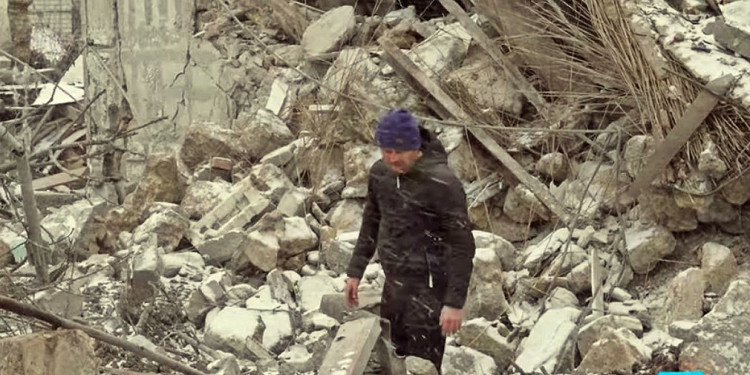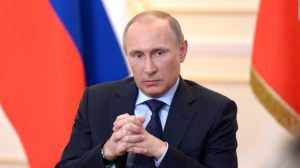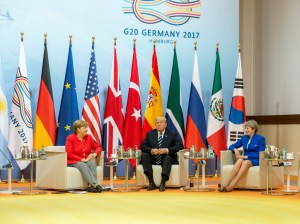This week I’ve been pretty busy! A couple of days ago, I co-authored an article on Odessa with my friend Richard Seifman, an American diplomat and World Bank health expert, you can find the article here: Odessa: A City Crucial Now and Not Just for Ukraine
And now I just published a new article on Impakter, all the truth about sanctions, exploring why they don’t work as expected:
How Russia is Financing the War in Ukraine
With the hike in fuel prices caused by the war, Russia has been the main beneficiary, able to finance its war with an extra $100 billion earned from oil and gas exports

Historically, sanctions have rarely if ever worked. US history of sanctions is an eye-opener and shows that most have never achieved their intended goal. Countries hit by sanctions have always found roundabout ways to mitigate sanctions or even cancel their impact with clever countermoves. And, unsurprisingly, it’s beginning to look like this umpteenth round of sanctions against Russia – we are up to round number five of EU sanctions now, the latest target being coal imports from Russia – is unlikely to help stop the war.
Bloomberg Economics experts have found that, as they put it, despite multiple rounds of sanctions, there are “plenty of signs that Russia is finding ways to prop up its economy”. Russia, they have calculated, will earn about $320 billion from energy exports this year, up by more than a third from 2021. Russian oil is snapped up in Asia and the ruble is back to the level it was before the start of the war in Ukraine.
At the same time, Russian coal exports banned in Europe are finding their way in China: Reportedly there are several Chinese firms buying Russian coal with local currency.
In other words, from an economic standpoint, Russia is the great beneficiary of the war, having earned an extra $100 billion in just one month, enough to carry on with the invasion. At least, so far but things could change if the West changes its policies and reviews its approach to sanctions. Because the evidence is now in:
Sanctions do not work. Putin’s wily war plans: A clever way to finance the regardless of sanctions
One may well wonder what exactly were Putin’s real aims when he invaded the whole of Ukraine six weeks ago.
…
Read the rest on Impakter, click here.
Let me know what you think!











